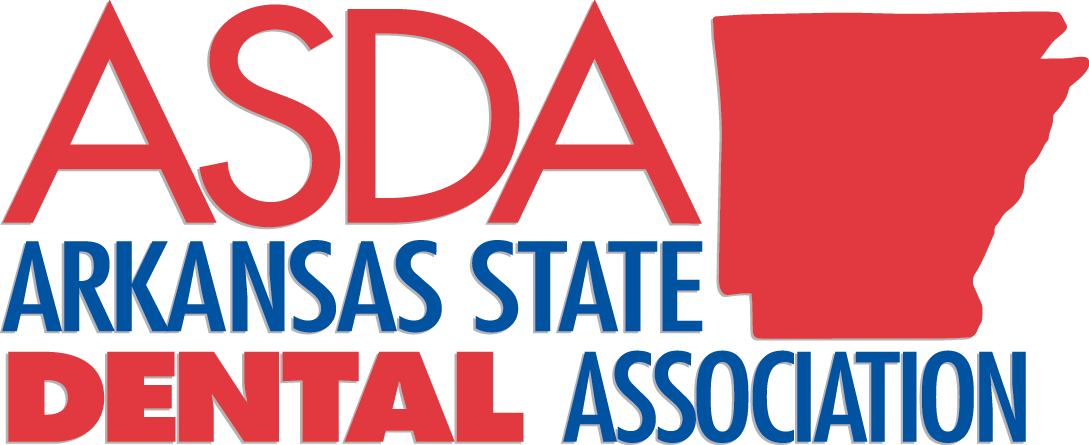Medical Marijuana Use May Affect Oral Health and Treatment
CHICAGO, November 3, 2022 – As personal and medical marijuana use increases nationwide, the American Dental Association (ADA) suggests patients refrain from using marijuana before dental visits after a new survey finds more than half of dentists (52%) reported patients arriving for appointments high on marijuana or another drug.
Currently, recreational marijuana use is legal in 19 states and the District of Columbia, with five more states voting on ballot measures Nov. 8. Medicinal use is legal in 37 states and the District of Columbia.
“When talking through health histories, more patients tell me they use marijuana regularly because it is now legal,” says ADA spokesperson Dr. Tricia Quartey, a dentist in New York. “Unfortunately, sometimes having marijuana in your system results in needing an additional visit.”
That’s because being high at the dentist can limit the care that can be delivered. The survey of dentists found 56% reported limiting treatment to patients who were high. Because of how marijuana and anesthesia impact the central nervous system, 46% of surveyed dentists reported sometimes needing to increase anesthesia to treat patients who needed care.
Findings were uncovered in two online surveys earlier this year – one of 557 dentists and a second nationally representative survey of 1,006 consumers – conducted as part of trend research by the ADA.
“Marijuana can lead to increased anxiety, paranoia and hyperactivity, which could make the visit more stressful. It can also increase heart rate and has unwanted respiratory side effects, which increases the risk of using local anesthetics for pain control,” Dr. Quartey said. “Plus, the best treatment options are always ones a dentist and patient decide on together. A clear head is essential for that.”
Studies have also shown regular marijuana users are more likely to have significantly more cavities than non-users.
“The active ingredient in marijuana, THC, makes you hungry, and people don’t always make healthy food choices under its influence,” Dr. Quartey said. “Medically speaking, munchies are real.”
The science behind oral health and marijuana is beginning to emerge, particularly when it comes to edible or topical forms. Still, there are strong indications that smoking marijuana is harmful to oral and overall health. The ADA surveyed 1,006 consumers in a second poll around marijuana and vaping use. The results of the representative sample found nearly 4 in 10 (39%) patients reported using marijuana, with smoking the most common form of use. Separately, 25% of respondents said they vaped, and of those respondents, 51% vaped marijuana.
“Smoking marijuana is associated with gum disease and dry mouth, which can lead to many oral health issues,” Dr. Quartey said. “It also puts smokers at an increased risk of mouth and neck cancers.”
The ADA has called for additional research around marijuana and oral health and will continue to monitor the science to provide clinical recommendations for dentists and patients.
In the meantime, survey results show 67% of patients say they are comfortable talking to their dentist about marijuana. The ADA recommends dentists discuss marijuana use while reviewing health history during dental visits.
“If we ask, it’s because we’re here to keep you in the best health we can,” Dr. Quartey says. “If you use it medicinally, we can work with your prescribing physician as part of your personal healthcare team.”
In the meantime, patients who use marijuana can stay on top of their oral health with a strong daily hygiene routine of brushing twice a day with fluoride toothpaste, cleaning between teeth daily and visiting the dentist regularly and making healthy snack choices.
For more information on the oral health effects of marijuana, visit ADA.org.
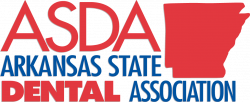
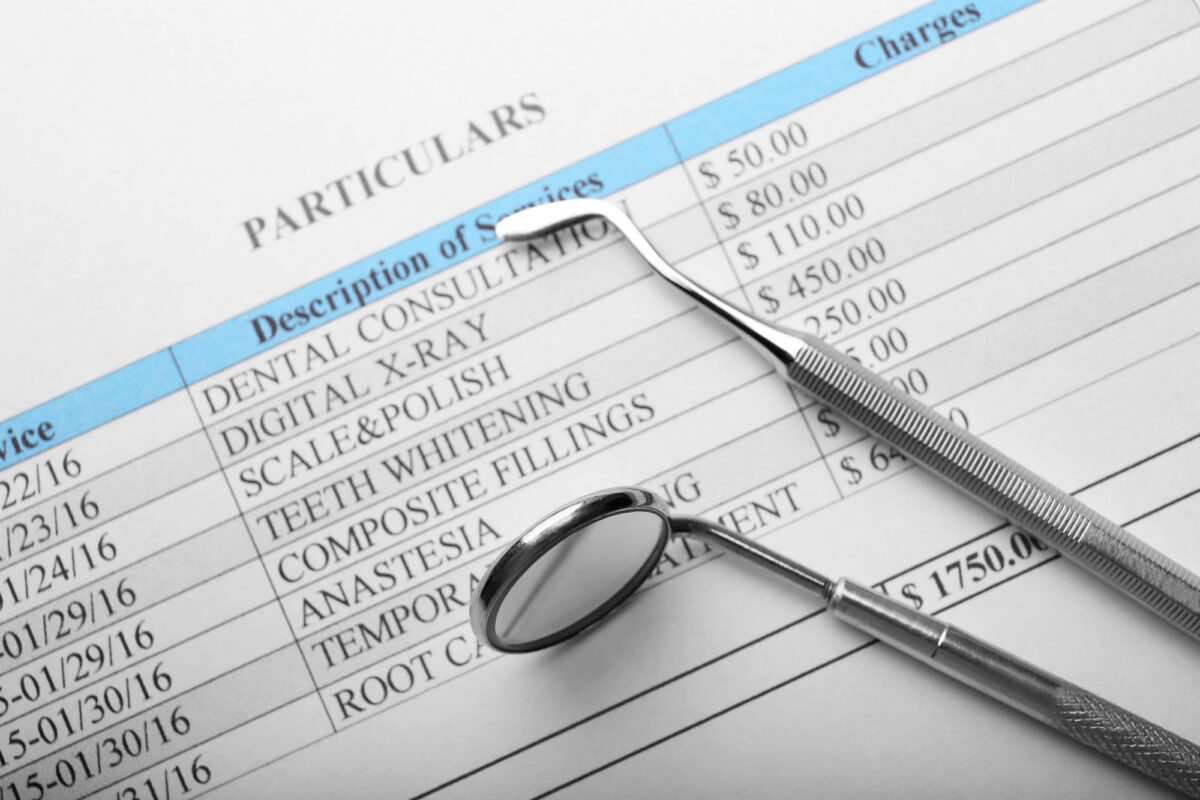
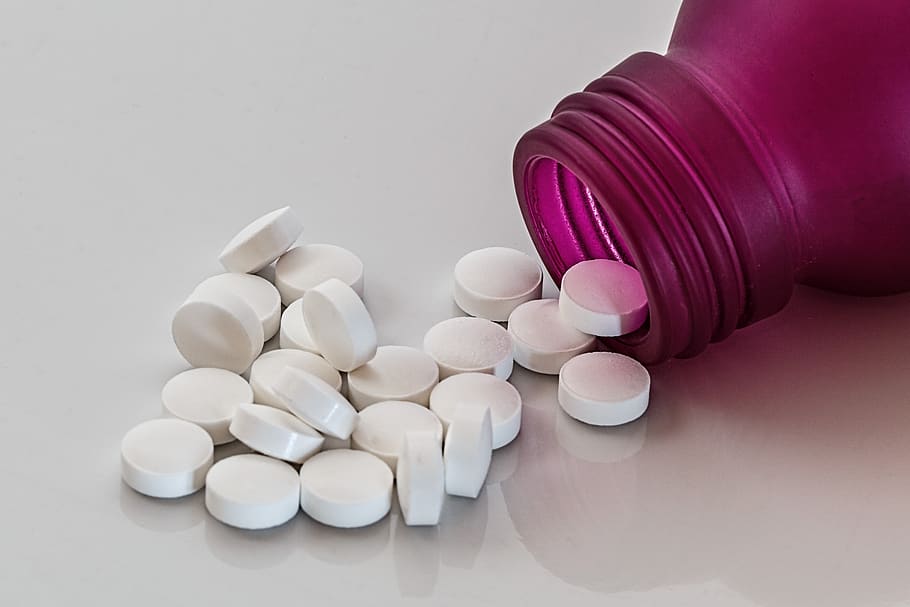

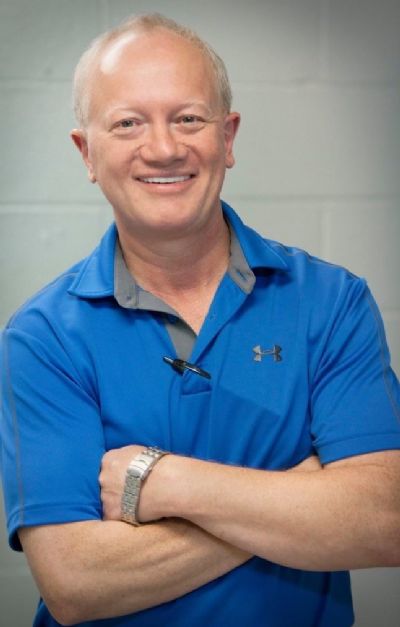

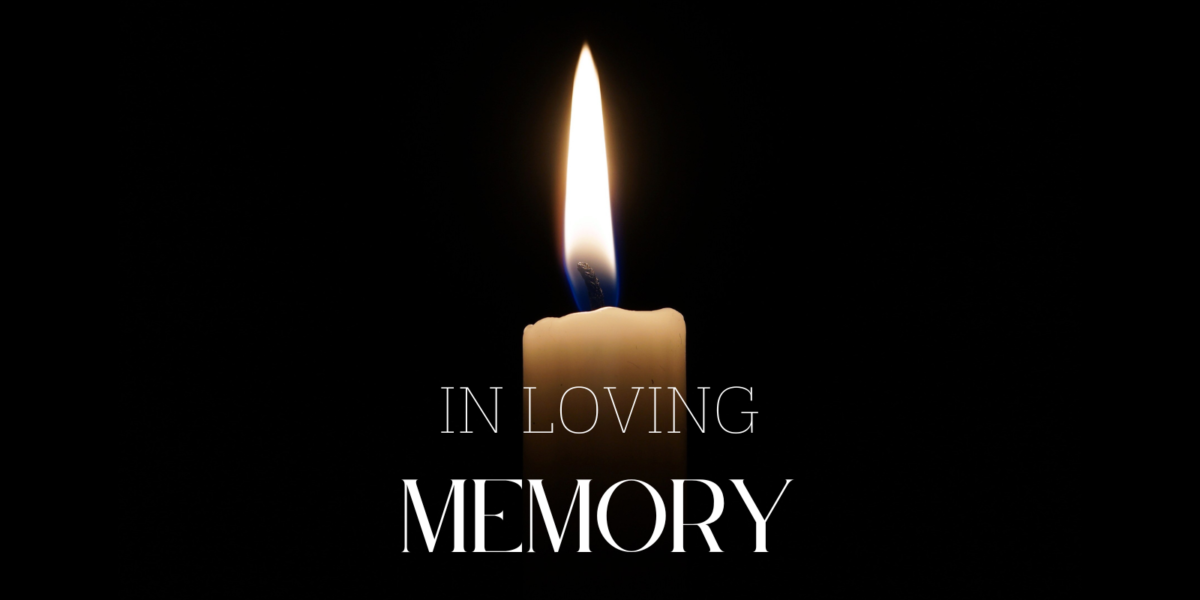
 Dr. James Calvin Wilkins, age 83, of North Little Rock, passed away October 3, 2022.
Dr. James Calvin Wilkins, age 83, of North Little Rock, passed away October 3, 2022.









